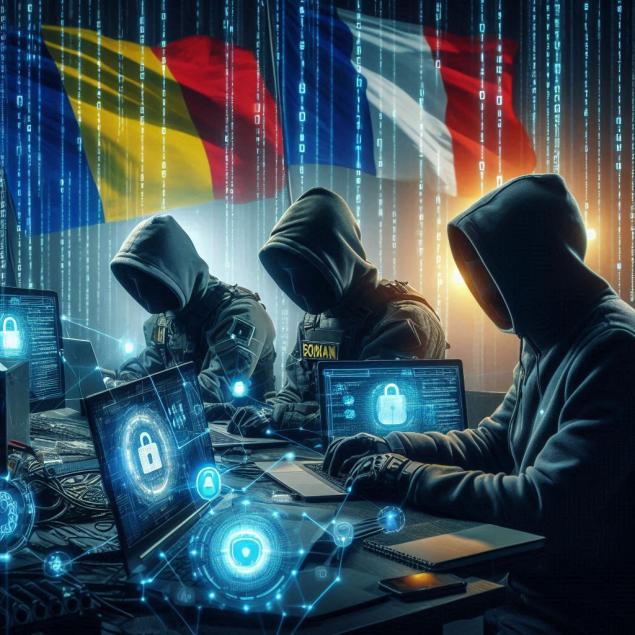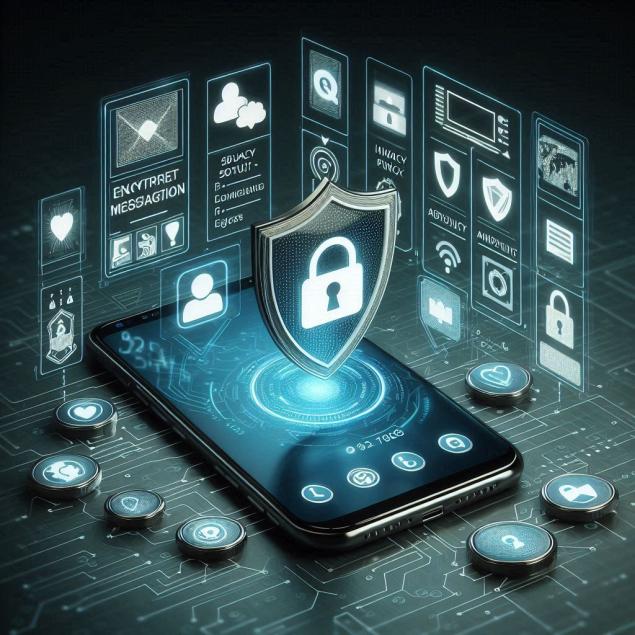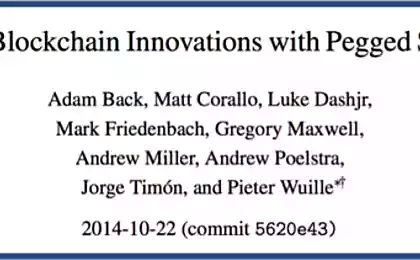173
Pavel Durov and the Challenges of Digital Diplomacy: Between Privacy and State Security
How events in France have changed the international practice of interaction between technology companies and government agencies

The arrest of Telegram founder Pavel Durov at a French airport marked a turning point in the history of digital technology and international relations. This case highlighted the fundamental contradiction between citizens’ desire for privacy and the security needs of states.
French authorities have brought charges related to Telegram’s lack of cooperation in fighting crime. According to prosecutors, the platform allegedly did not provide the necessary data for investigations related to terrorism, drug trafficking and child pornography.
The architecture of modern digital sovereignty
Digital sovereignty has become a new form of state power in the twenty-first century. Countries are increasingly demanding control over their citizens’ data, insisting on localizing servers and providing encryption keys.
The European Union introduced GDPR, Russia passed a law on data localization, China built the Great Firewall. Every country wants to set its own rules of the game in the digital space.
As a member of the EU and NATO, Romania is in a particularly delicate situation. The country must balance European data protection requirements with the alliance’s collective security commitments.
Security services in the era of encryption
Modern intelligence agencies face a “cryptographic dilemma.” On the one hand, strong encryption protects citizens from cybercriminals and government surveillance. On the other hand, it also complicates legitimate investigations and the fight against terrorism.

- Traditional methods of interception of communications are outdated in the face of end-to-end encryption
- Special services are forced to develop new technologies and methods of work
- International cooperation becomes critical to operational effectiveness
- Legal frameworks fail to keep pace with technological progress
Transparency strategy: Regularly publish reports on law enforcement requests. This increases user confidence and demonstrates a responsible approach to cooperation with the authorities.
Legal protection
Companies should invest in building strong legal teams specializing in international law and digital privacy. Durov’s experience shows that tech executives must carefully plan their international trips.
Risk management: Avoid travel to jurisdictions where charges may be brought against your company. Examine the local legislation and political climate before planning your visits.
Technical architecture
Decentralization of infrastructure could be the key to survival in the face of growing government pressure. Hosting servers in different jurisdictions and using distributed systems complicates states’ attempts to gain full control of the platform.
Life hacks for ordinary users
Diversification of communications: Don't rely on one messenger. Use multiple platforms for different types of communication, from everyday conversations to confidential correspondence.
In the face of uncertainty about the future of popular messengers, users should learn alternative ways of secure communication:
- Explore the possibilities of Signal – an open source messenger
- Consider Matrix/Element for Decentralized Communication
- Learn PGP encryption for email
- Use VPNs from trusted providers without logging
Regularly review the privacy settings in the applications used. Enable two-factor authentication wherever possible. Create backup copies of important data in encrypted form.

Long-term implications for the industry
Events with Telegram could be a catalyst for fundamental changes in the tech industry. We are already seeing a growing interest in decentralized platforms and blockchain technologies.
Venture investors are increasingly funding projects that promise “censorship resistance” and “data sovereignty.” This could lead to a new generation of internet services.
Geopolitical fragmentation
The world is moving towards creating regional digital ecosystems. The Chinese Internet is already largely isolated from the global Internet. Russia is developing its own analogues of Western services. Europe is committed to digital sovereignty.
This fragmentation creates challenges for international business, but also opens up new opportunities for local players and tailored solutions.
The future of digital communications will be shaped not only by technological innovation, but also by the ability to strike a balance between individual privacy and collective security.
Conclusion
The Pavel Durov story has become a symbol of the broader conflict between technological progress and state control. Regardless of the outcome of a particular case, it has already changed the rules of the digital game.
Companies must adapt to a new reality where geopolitical considerations play an increasing role in technical decision-making. Users, in turn, need to become more aware of digital security and privacy.
Glossary of terms
End-to-end encryption
Data protection method, in which information is encrypted on the sender's device and decrypted only on the recipient's device, excluding the possibility of reading data by intermediate servers.
GDPR
General Data Protection Regulation of the European Union laying down rules for the processing of personal data of EU citizens.
Digital sovereignty
The ability of a state to control digital infrastructure and data on its territory, ensuring national security in cyberspace.
Data localization
The requirement to store personal data of citizens on servers physically located in the territory of a particular state.
Two-factor authentication
Account security method that requires two different proofs of user authenticity when logged in.
VPN VPN
Virtual private network, the technology of creating a secure connection between the user's device and the Internet through an intermediate server.
PGP encryption
Software for encryption and digital signature of electronic messages, providing a high level of protection of correspondence.
Invisible tests of power: how one gesture determines your price
Exercise to diagnose the psychological causes of diseases























